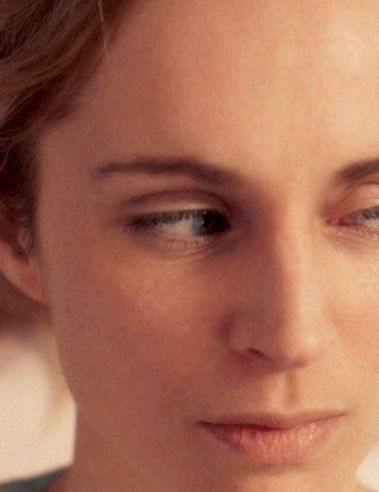Citizen of Glass takes on a newer character to Agnes’ previous two albums, but most vitally it is heart achingly brilliant, from the opening pizzicato of Stretch Your Eyes, until it disappears on a cloud of ambience in closer, Mary. Philharmonics had a whimsical air to it, and Aventine was slightly darker – this third album incorporates both of those facets, and adds some subtle experimentation that draws the listener in, rather than push them away. The opening song enters with some unsettling progressions and harmony, until its instrumental outro, which transports you to a wonderful, green place.
Lead single, Familiar, is not only the strongest track on the record, it’s practically worthy of a music undergraduate’s dissertation. There’s the more obvious such as the stunning folklore-esque lyricism: “And our love is a ghost that the others can’t see”, and the deep, androgynous affectation applied to Agnes’ voice in the chorus. But then there’s a myriad of subtleties, such as the beautiful transitions from verse to chorus, the way a pizzicato violin refrains the opening piano melody in verse two, and the way Agnes’ voice joins the affected voice in the last line of the last chorus to restore humanity. This song is total, unbridled genius.
The album, despite using the same instrumentation and general style of Agnes’ older work, has a noticeably different feel. It could just be the added percussion, but the album has a strong sense of driving forward, almost to a dogged degree. The floaty personality of the first two albums is largely lost, but this is no bad thing. Agnes’ piano playing on instrumental interlude, Red Virgin Soil, almost sounds aggressive, and the ukulele-led Stone also has a relatively upbeat tempo. Obel’s ghostly, multi-layered vocals, over the diminuitive, strummed instrument is a wonderful treat.

